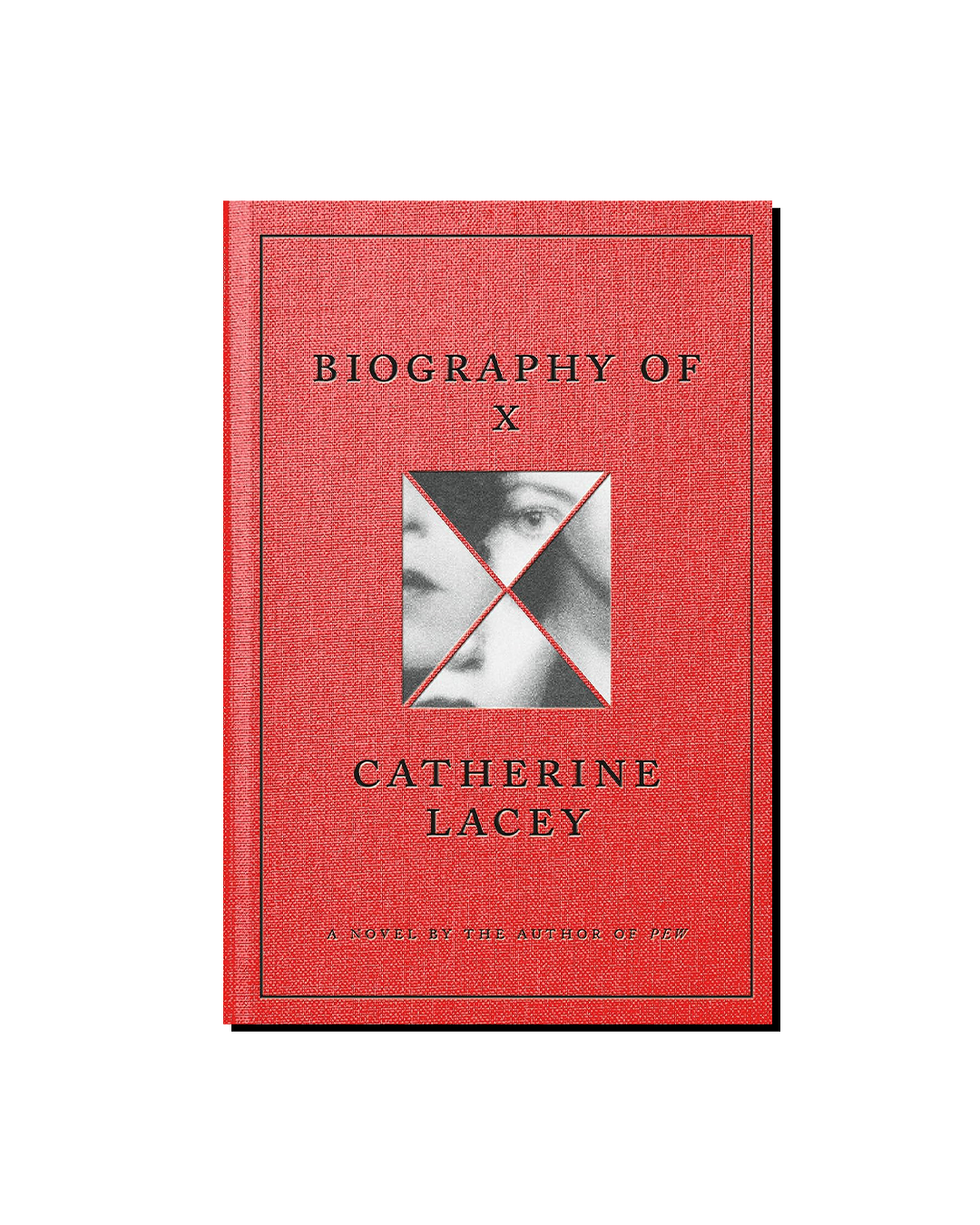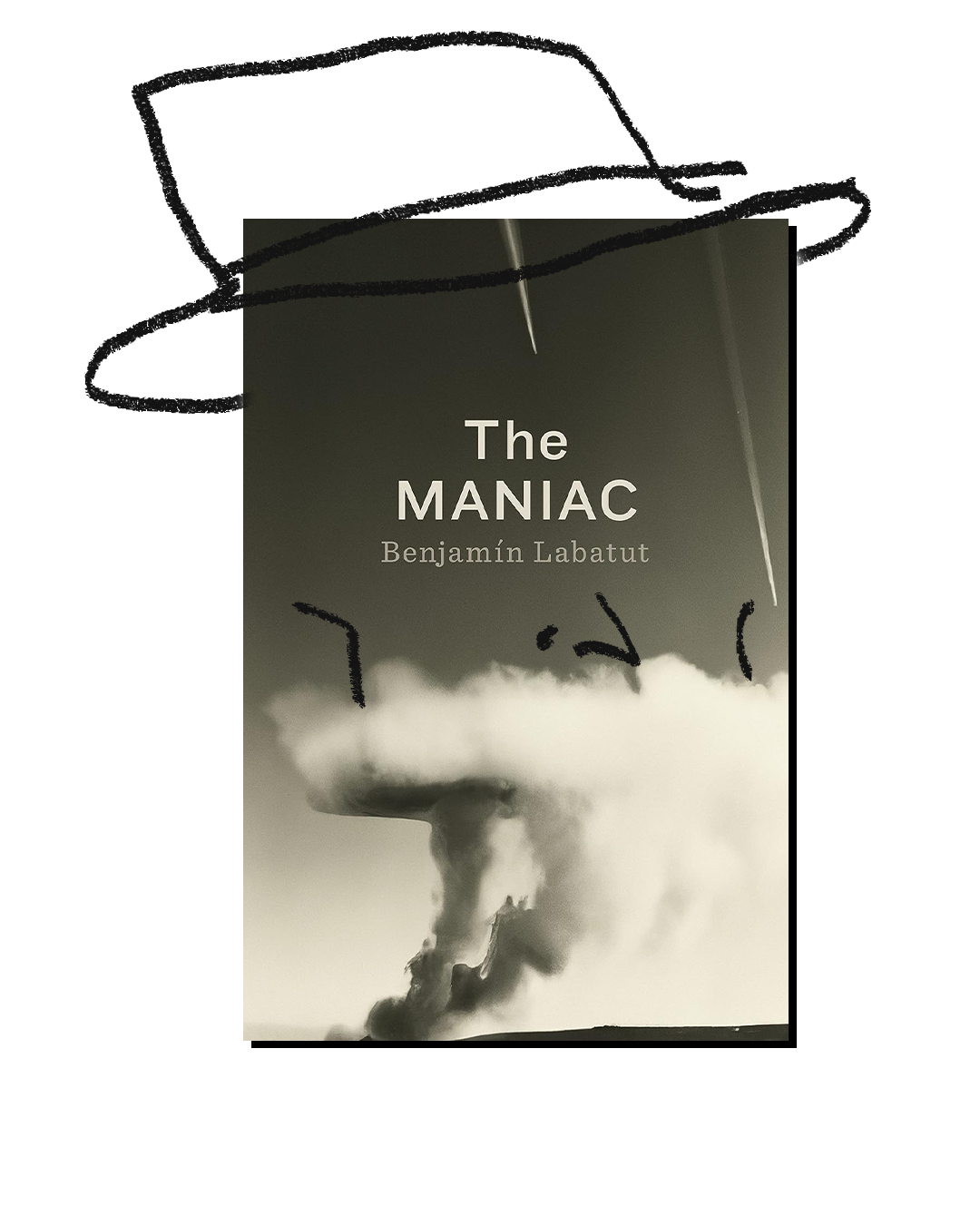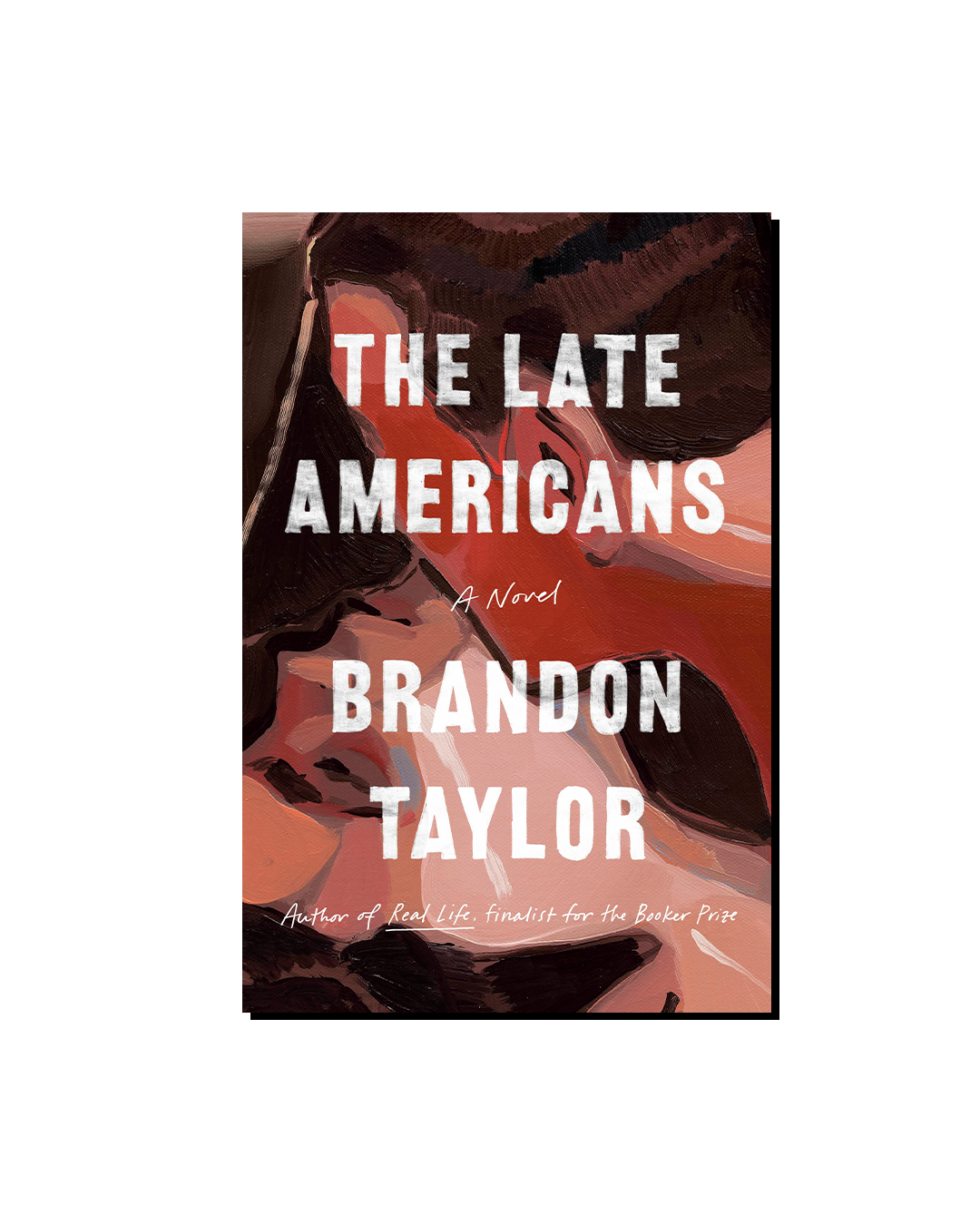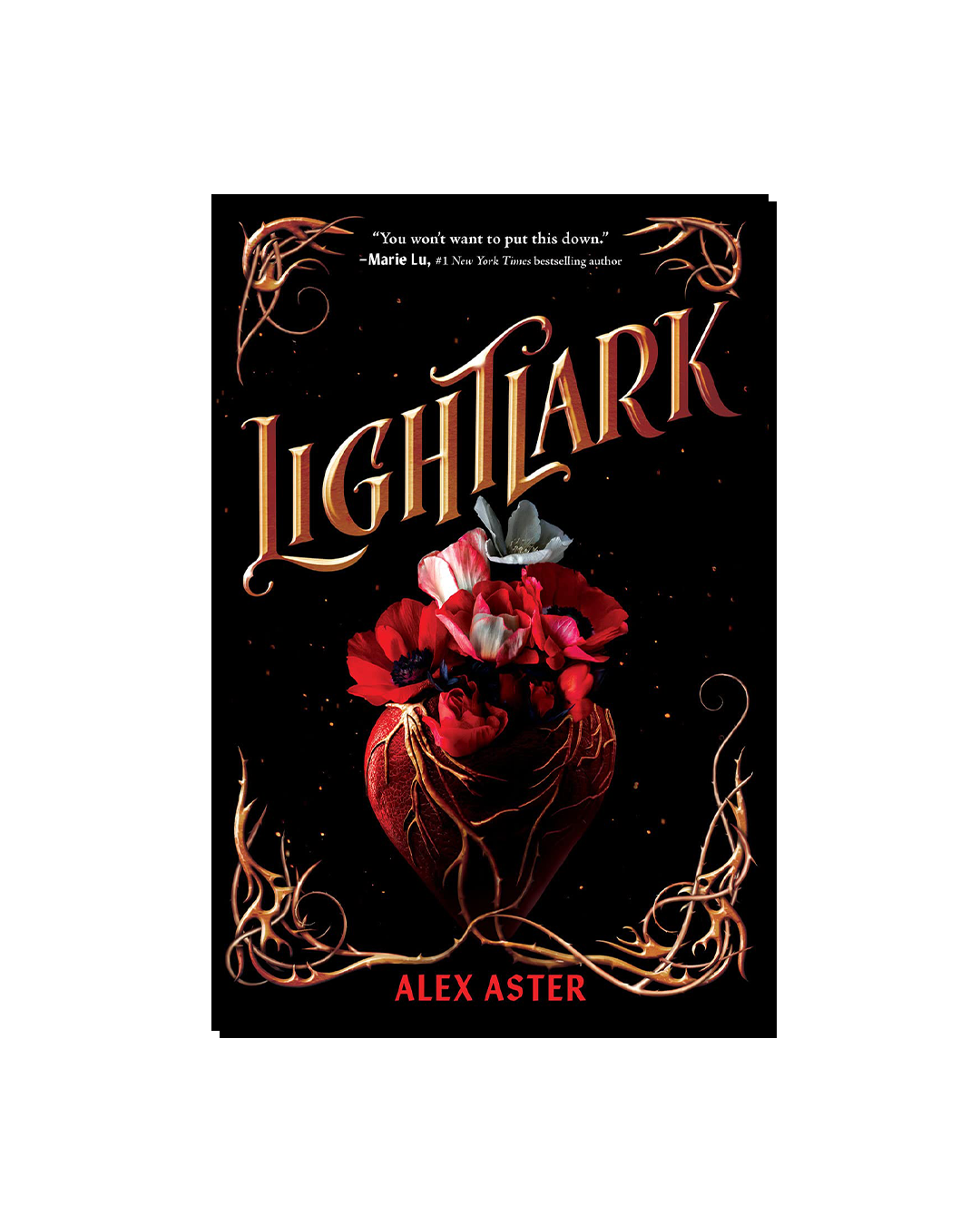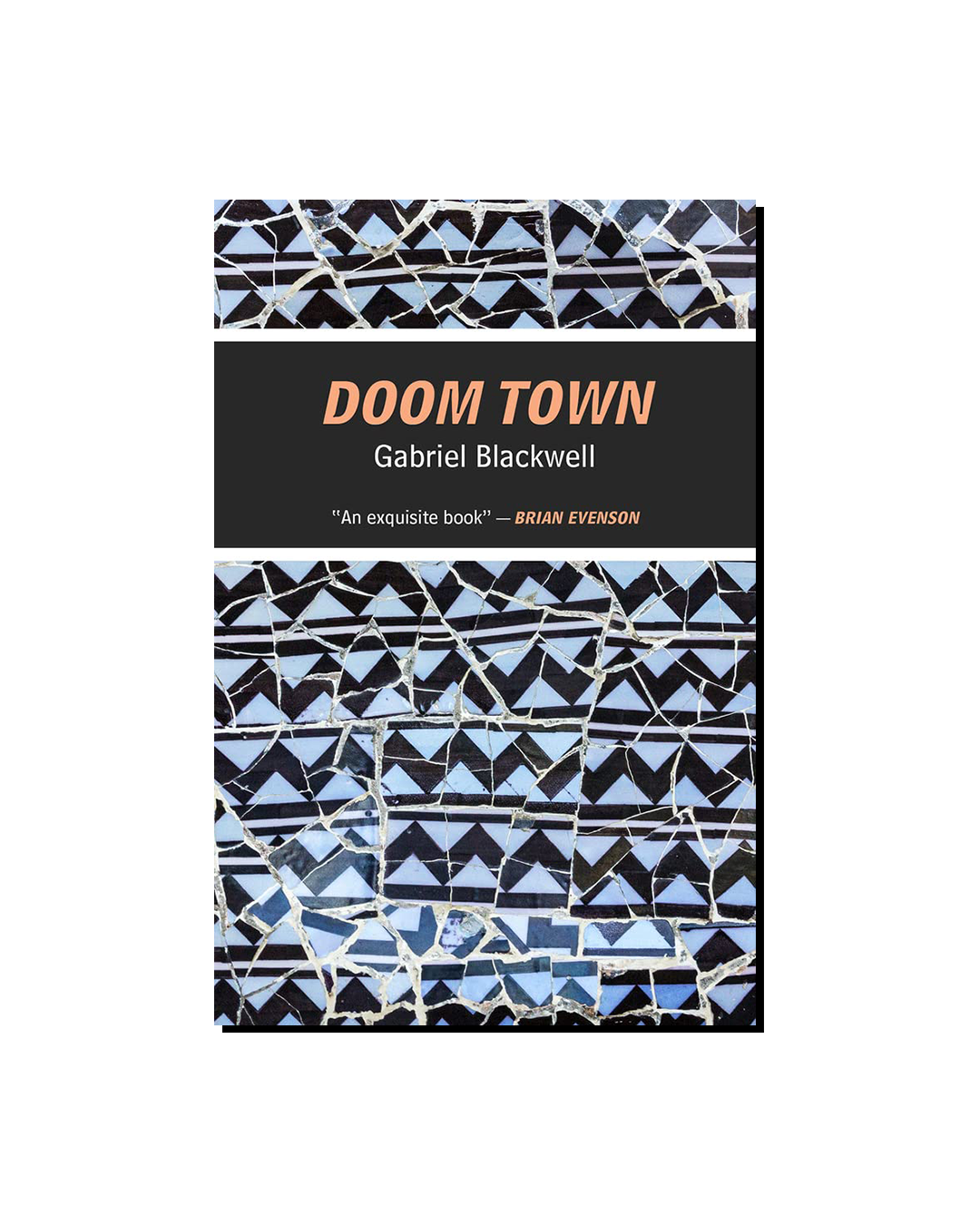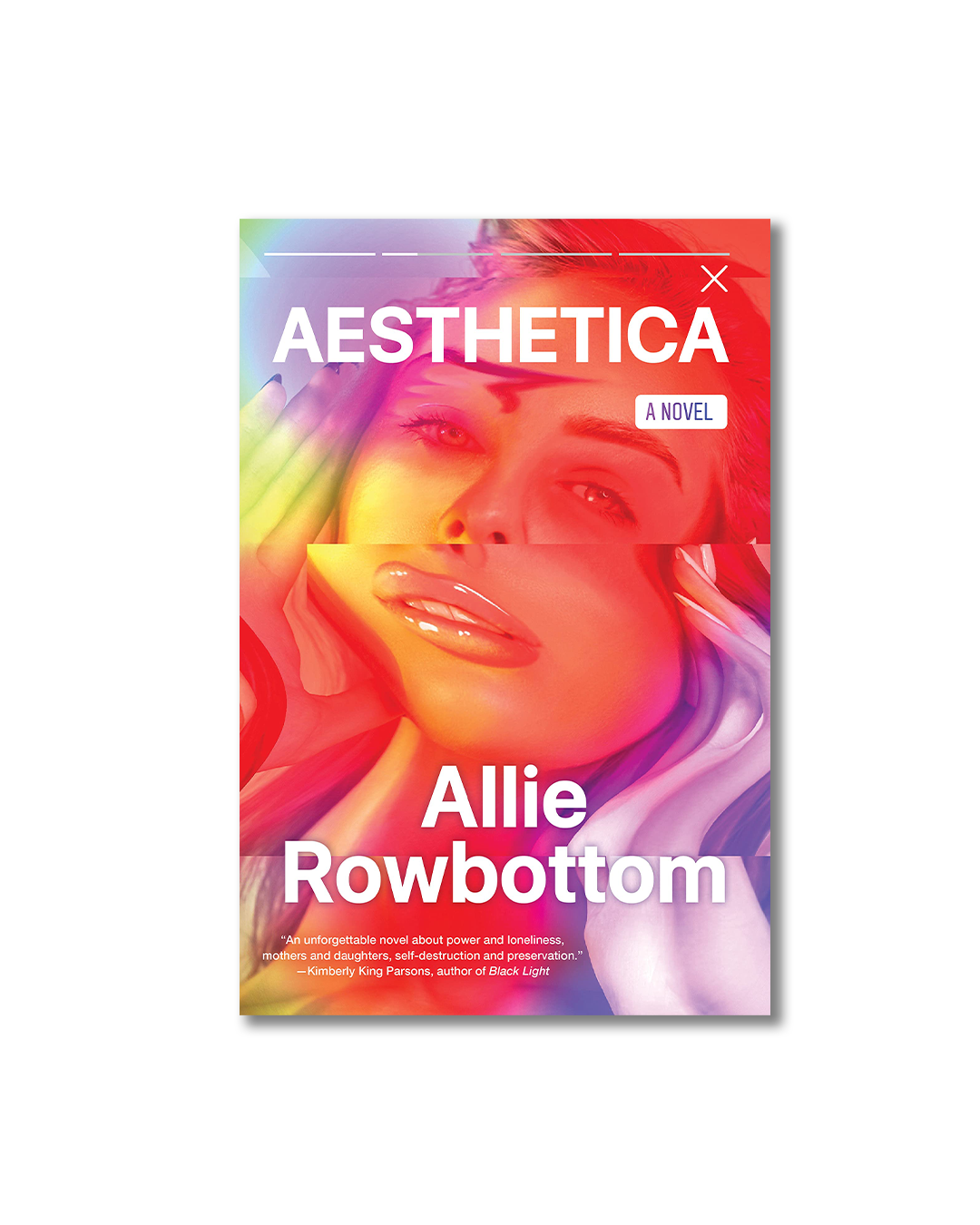View from the Couch: Success, “The Topeka School,” and “A Fan’s Notes”
The future novel resides with the fans. It will not be written from above or outside. Literature belongs to the davenport.
Andy Warhol Has Been Shot: On Nicole Flattery’s “Nothing Special”
But if it’s impossible to determine the combination of forces that might elevate a woman to the status of It Girl, that doesn’t mean we have ever stopped trying.
Sisyphean Domesticity: On Mieko Kanai’s “Mild Vertigo”
An inchoate despair is the dominant mood of the novel, as Natsumi’s feelings of emptiness, dizziness, and vertigo collide against her Sisyphean rituals of domesticity.
Sweating Through Space and Time: On Catherine Lacey’s “Biography of X”
Nothing feels like it can be trusted: the quotes, the packaging of the narrative, even the narrator herself. This, of course, makes the novel’s own point—that any telling of a story betrays much more about the speaker than the subject.
That Girl: On Kathleen Alcott’s “Emergency”
The best stories are about people who we don’t really know but think we could. Had we gone to that party we missed; had we been born without that mole.
True Enough: “The MANIAC” and “Oppenheimer”
Culpability is offloaded onto the very idea of science itself: unfeeling, inhuman, inevitable. These warnings do not allow for human ingenuity or variety of thought; they cannot imagine another way. But it’s a poor craftsman who blames his tools.
Told by an Idiot: On Jaroslav Hašek’s “The Man Without a Transit Pass”
Hašek is mocking authority and bourgeois respectability, of course, but the criticism is ultimately of the individual’s inability to tolerate being the butt of a joke. If the universe is absurd, then we shouldn’t be so foolish as to take it seriously.
Nomadic Hedonism: On Robert Plunket’s “My Search for Warren Harding”
The most beguiling aspect of My Search for Warren Harding is the way Plunket manages to discount the meaning of romance, literature, and history to such an extent that none much help us read his novel.
I don't want to talk about it: On Brandon Taylor’s “The Late Americans”
Taylor’s characters fail to reconcile deeper emotional desires with the reality that their immediate environment is not a place to escape, but rather the very territory in which “real life” happens.
Pathologies of the Après Garde: On Gary Indiana’s “Rent Boy”
Indiana’s easygoing syntax—the slippery, casual asyndeton that feels at once half-slangy and half-clinical—isn’t so much naturalistic as anthropological. But self-awareness, like an erection, is hard to keep up indefinitely.
Power, Morality, and the “Female Gaze”: On Eliza Clark’s “Boy Parts”
Boy Parts displays a preoccupation with photography’s enactment of power and control.
The Diversity Elevator: On R. F. Kuang’s “Yellowface”
The novel is a lackluster examination of plagiarism, privilege, and cultural appropriation that is too assured of its own righteousness; that fails, in its moral assertions and limp characterizations, to conclude anything besides the painstakingly obvious.
The Trope-ification of YA Fantasy and its Marketing: On Alex Aster’s “Lightlark”
Solid writing is for cowards, after all. True commitment to storytelling lies in speedrunning as many tropes as possible.
Closed Reading: On Gabriel Blackwell’s “Doom Town”
Doom Town is the rare text which is actually narratologically deconstructive, insofar as it is a text awkwardly sutured around a central aporia. But then, too, it recognizes one cannot deconstruct without then reconstructing, even though reconstruction is little more than imposition.
Waiting for Diego Garcia
Diego Garcia is a ledger of annulments, which in its constant doubling back achieves a kind of fiction that is obsessed with the conditions of its conception.
At the Risk Management Playground: A Conversation with Tucker Leighty-Phillips
I guess it is labeled as a story collection. So they’re all—for the sake of categorization—they’re short stories, but I don’t know. Some of them were published as prose poems, and I think that letting them both be categorized and also evasive of categorization is kind of cool.
Bring the Girls: On Allie Rowbottom’s “Aesthetica”
This artificial sickness is a feminized purgatory that entraps and entrances, freeing its denizens from both the real world, which is cruel, and the promised land, which doesn’t exist. The recovery suite becomes the ultimate VIP room, and you have to show skin to get in.
The Adolescent Gaze: On Dizz Tate’s “Brutes”
Being the object of another’s gaze means ceding control over how you are perceived, but to be watched is also to be worthy of someone else’s voyeurism.
Blood Ties: On Vigdis Hjorth’s “Is Mother Dead”
Johanna’s one-sided account of her childhood and estrangement from her mother invites skepticism only after she begins wildly crossing boundaries, each more serious than the last.
Blood, Guts, Formal Violence: On Haunted Media and Christopher Norris’ “Hunchback ’88”
In the particular case of horror, the haunted media takes the place of the ghost or the killer or the monster as that which horrifies us—except now, the horrifying thing stands also as an analogy for the text itself.




